A Wisconsin Girl With a Touch of Colorado
on place identity, book settings, and a bonus book list for paid subscribers

Hello readers! Today’s newsletter is about my place identity. It’s an explanation of and pondering on the places that have formed me and how they impact my reading, and includes a bonus book list for premium subscribers.
I always find it interesting to consistently read a newsletter, blog, etc and come away from it not knowing where the author is located. I do realize that many writers share that information in bits and pieces over time, but the thing I always want to know immediately upon finding a new publication is where the writer is from, where they currently live (those are not always the same!), and if it comes through consistently in their writing. I really hope that my own sense of place shines through my writing, and aim to focus on this even more in the future.
Related to books, one thing that will take a book from fine to amazing for me is a strong sense of place ~ I want to feel like I’m actually there, either somewhere I desperately want to visit, or somewhere I have been and can revisit viscerally via the page. I also want to know about the author’s place identity because it will tell me whether they have the authority / knowledge to write about the place as well as how they were formed as a human. If the author has never lived in the area the book is set, I will often seek out interviews, articles, podcast episodes, etc to find out what research the author did to ensure the place is depicted accurately.
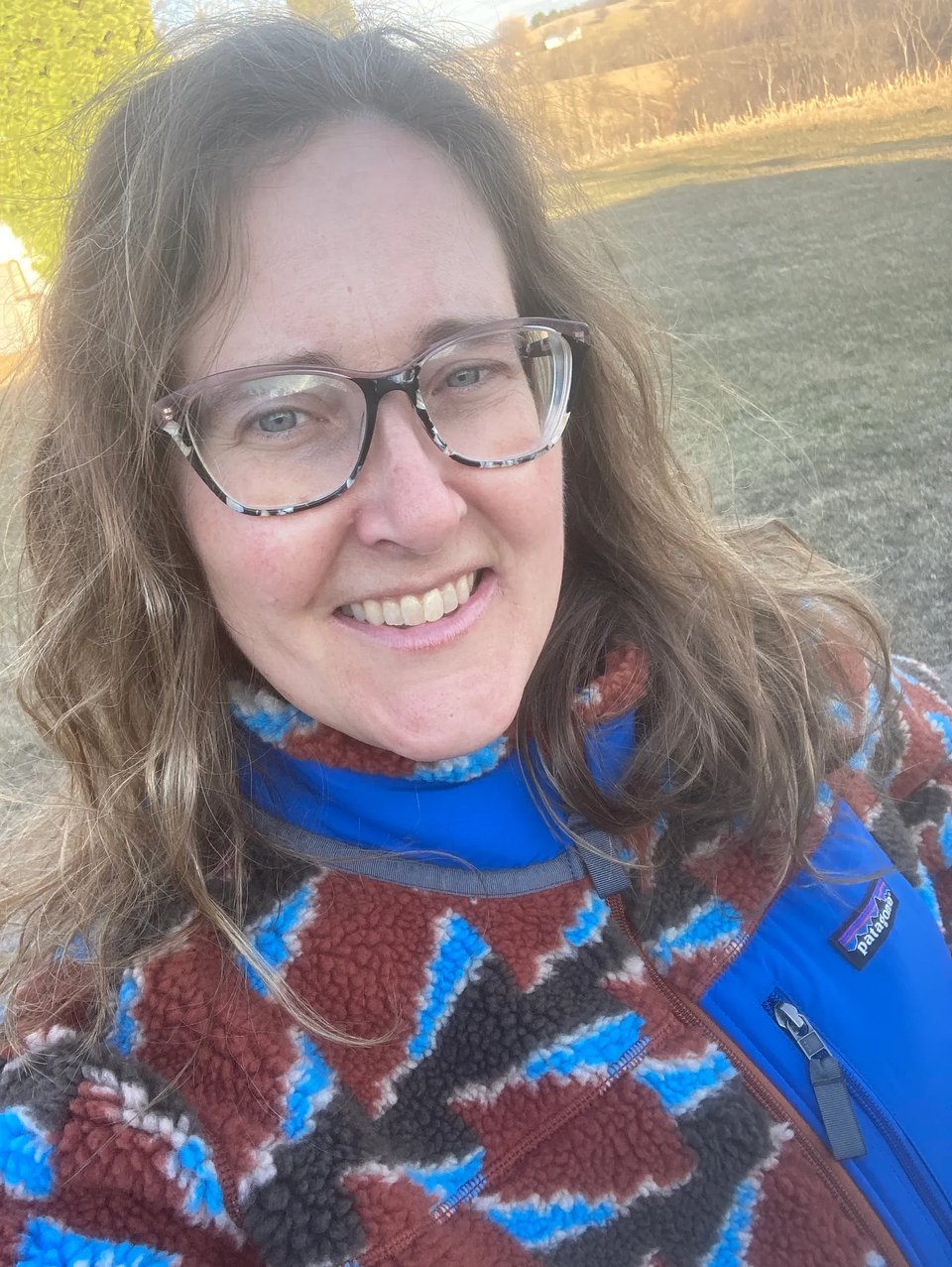
The Places That Have Formed My Identity
I was born in a tiny town in south central Wisconsin and lived there with my parents and older sister and younger brother until I was four. This area has a large Amish and Mennonite population and is a farming community. It is about 90 minutes from where I live now.
Our family moved to Greeley, Colorado for my preschool years while my dad attended graduate school at the University of Northern Colorado - Greeley and my mom began her college journey. We lived in student family housing in a tiny two-bedroom apartment for our five family members. There is a strong meat processing industry in this city. My mom has recounted stories of the agricultural focus of the area, and my sister was the only one in her kindergarten class who spoke English.
We then lived with my grandparents, Oma and Opa, in Arlington Heights, IL ~ a Chicago suburb ~ for a summer while my dad job-hunted. This was one of my happiest places, both during the months living there and our many visit. So many aunts and uncles and places to walk and a warm, loving, bustling family. None of my family lives there anymore, but all of my family’s stories and my time there over the years make it an integral part of my story.
When my dad finally found a job, we moved to a teeny tiny town in rural Western Wisconsin near a bustling university / medical city right on the Mississippi River. We lived there for my kindergarten - 2nd grade years, and my mom completed college at the nearby university. This town and area formed me in so many ways, and I returned for my own college years ~ we now live about 10 miles away. See notes about the Driftless region below.
We moved to a tiny town in the Northwoods of Wisconsin for my 3rd grade year and this is where we stayed through my high school graduation. I consider myself a Northwoods girl at heart and claim this identity proudly. When people ask where I’m from, this is what I tell them. We lived in four very different locations and houses in this town. My sister returned after college and still lives there. My mom and stepfather moved away almost ten years ago, and my brother left right after high school. I return there a few times a year to visit my sister and am happy to still have the tie to the area. The Northwoods of Wisconsin is such a unique region that is so very far away from everything, but so gorgeous and slow-paced. There are lakes everywhere you turn, you can drive for so ages without seeing any sign of civilization and blanketed with federal land ~ it is logging country, and hunting and fishing culture reigns. I was desperate to leave at 18, but am grateful I was able to grow up there.
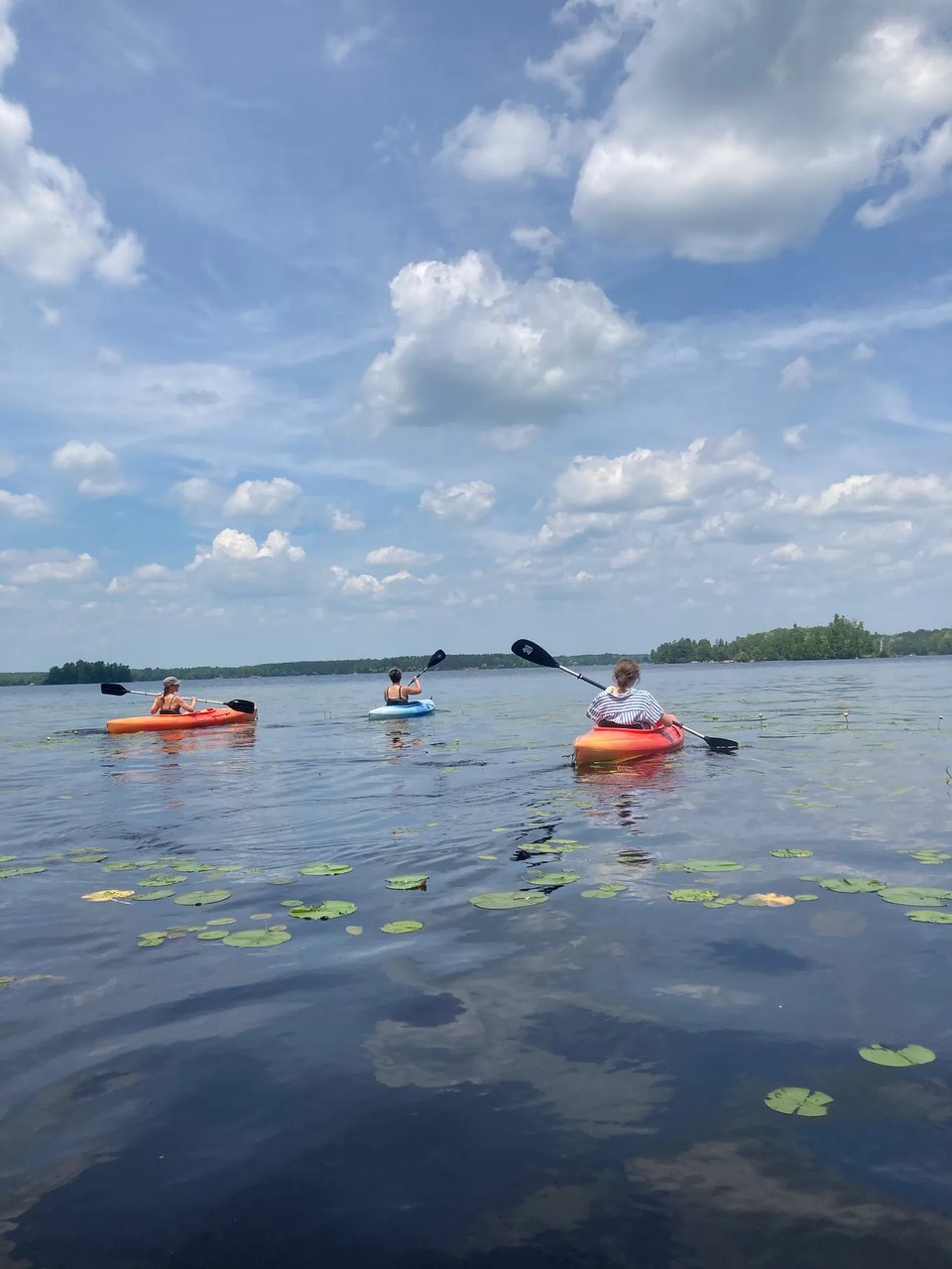
My stepfather’s family
ownedowns a compound of multiple cabins on a lake near Hayward, WI and I spent countless days and weeks there during summers of my middle and high school years. It’s a beloved place for me and it’s where a lot of my reading identity was formed. Our branch of the family no longer has access to the property due to Family Things™, and I am always sad that my own kids won’t have those same lake summer experiences. This immediate area is in the middle of the Northwoods, but this particular town is a circus of tourism. The lake the cabins are on is one of the very biggest in the area and has a mix of resorts, massive lake homes, and tiny cottages with the same mix of people inhabiting them.I left the Northwoods in 1999 to attend the same college that my mom did in Western Wisconsin near where we lived when I was little (see above!), and have stayed in the area ever since. There are three colleges in this city with two major medical centers. It’s the largest city in the area, with a population of about 52,00.
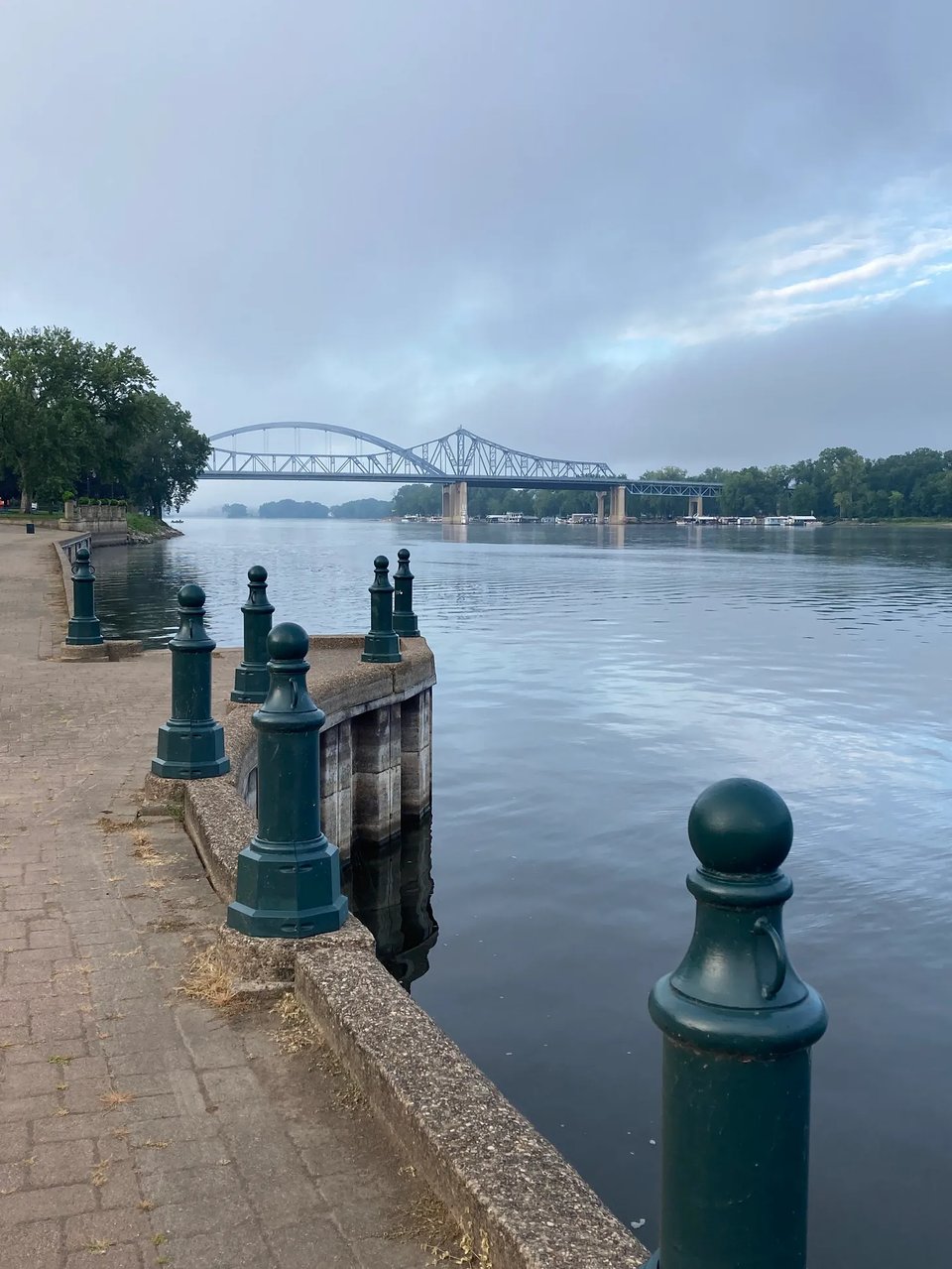
My family of five currently resides on a very isolated ridgetop on 41.5 acres in Western Wisconsin right between my college town and the tiny town I lived in when I was in kindergarten. I claim my college town (also the city in which I work) as my home to anyone who doesn’t live right here, rather than the teensy community that is part of my mailing address ~ the city is only a 30 minute drive and it’s a landmark in the area. This area is called the Driftless Region, and this is also a huge part of my place identity. There are gorgeous bluffs and valleys and multiple rivers, including my beloved Mississippi. River culture looms large. It is an entirely different physical place and has totally different vibes than the area in the Northwoods that I grew up.
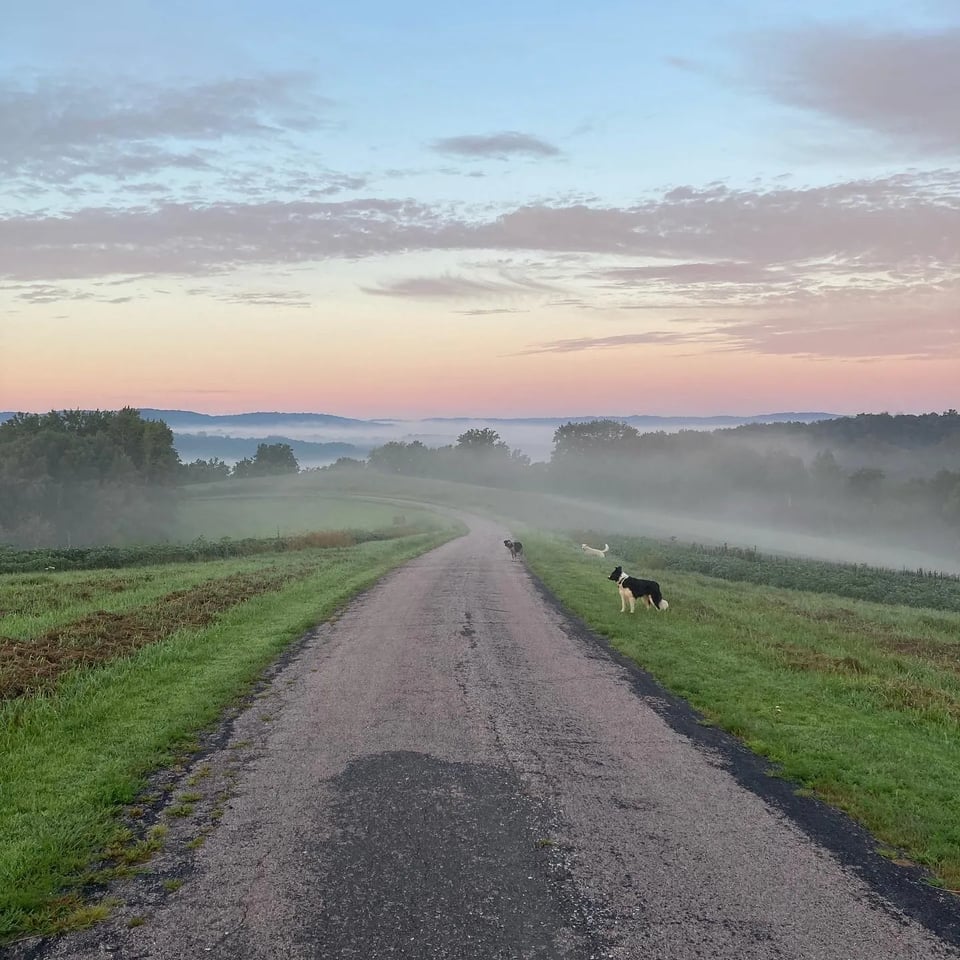
My mom and stepdad moved to Buena Vista, Colorado almost ten years ago, and I visit every summer ~ I so wish I could get there even more often. I absolutely adore this small mountain and river town, and am growing to consider it a part of my identity, both through my own time there and my mom’s life there. This town is right at the base of the Collegiate Peaks and in the center of rafting heaven ~ the real estate has gone bonkers due to second homes and tourism, but the year-round citizens are rapidly getting priced out. The mountains surrounding the town are currently my favorite place on earth.
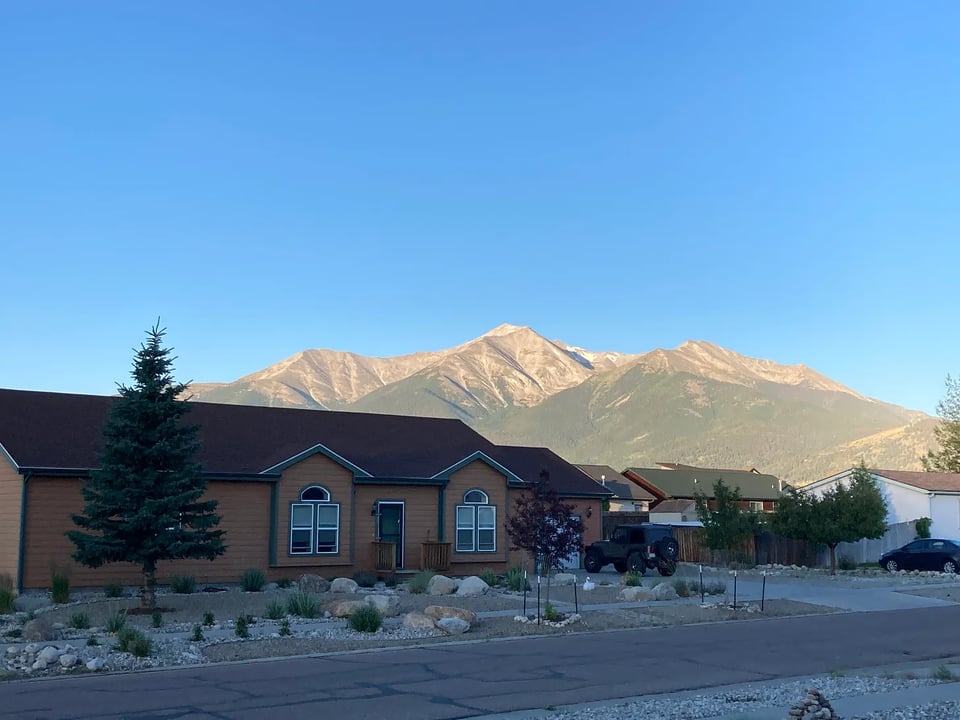
How has this place identity formed me as a reader?
I have never lived in a large city and have spent little time even in the large cities near me ~ the hearts of Milwaukee and Minneapolis are almost as foreign to me as Miami and San Francisco. When I read books set in cities, I feel as if I’m traveling to another world. I enjoy many of these books a great deal, but can’t always relate or orient myself quickly. I read novels set in cities to learn about new places and culture and a different way of living.
My favorite stories are ones with a very strong sense of place. When I can’t remember while reading if a book is set in Cincinnati or Pittsburgh or St. Louis, the author has failed me.
My connection to the natural world is titanium-strong and I gravitate towards books that highlight the landscape and beauty of the land. I want to know about the trees and the grass and the hills and the rivers ~ these aren’t just background to me! When I read a book where the characters barely go outside, I start feeling as claustrophobic as I do when in a space with no easy access to fresh air ~ hotels without opening windows are like a prison for me!
I naturally gravitate toward books set in places I identify with, despite their relative scarcity ~ I am elated to find mentions of a Kwik Trip, but equally disdainful if a writer get the setting wrong or over-stereotypes the residents.
Given my strong place identity, I am skeptical of writers who write about places they don’t know well. Place means a great deal to me, and I expect authors to do the setting of their book justice. Write what you know, or at least learn deeply what you don’t!
I think that one of the reasons I struggle with reading fantasy is that I can’t orient myself physically in the story. When the entire world is invented, I can’t envision where I am in relation to a single thing. I am a very visual person and need to be able to see the map of the world in my head ~ if a fictional world doesn’t match up to the map of the world I know, I just flounder. Books like The Hunger Games or Divergent, however, are rooted in a fictional world that is based on ours, so I am still able to orient myself. If that makes zero sense to you, you join the people who simply can’t understand that I judge what direction another place is from me by where I am, and whether the place is between me and the Atlantic or the Pacific Oceans or me and Mexico or me and Canada. In our local area, the Mississippi River is my guide - if you are heading toward or have to cross the river, you’re heading west, if you are heading away from the river you’re going east. If the river is to my left, I’m heading north, if it’s to my right, I’m heading south.
I’m so curious ~ do you feel like you have a strong place identity? Is place a factor when you choose your books or how you evaluate them?
Book List
Premium subscribers ~ I created a book list for you to go along with this piece ~ titles that I have read and loved and somehow relate to my place identity. Head to the Downloads page now to grab it!
Interested in upgrading? You can subscribe on a monthly ($5/month) or annual ($40/year) basis.

Add a comment: